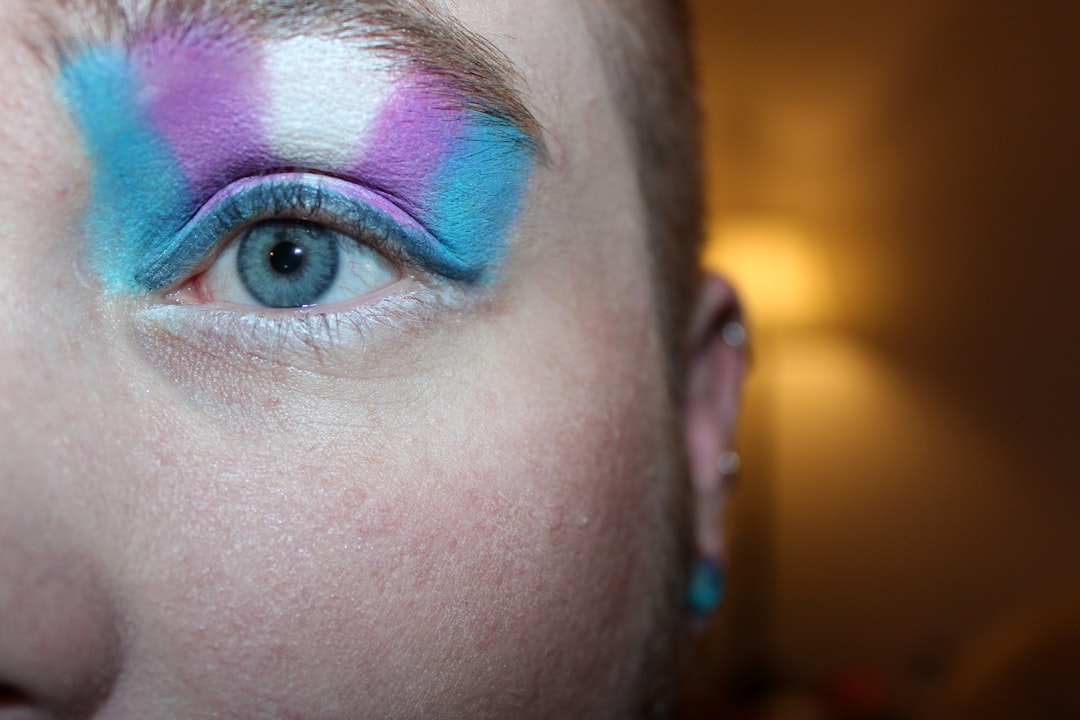Everybody Wants to Talk About Boys and Men
How are boys and men struggling, and what can we do about it? We look at some of the recent headlines. PLUS: Should schools punish students for sending nudes? Is the "NoFap" movement causing harm?
Curriculum and Resources
Let’s Talk About Boys
There have been a LOT of headlines recently about how boys are “in crisis.” People tend to share them with me, because they know I’m working on a book about boys (this is very appreciated - keep them coming!)
Some of issues that are mentioned regularly: boys underperforming in school and opting out of college, loneliness, isolation, extremism, violence, and suicide. Here’s a look at some of the pieces that have caught my attention recently:

The ‘Manning Up of Boys Begins in the Cradle.’ But What Boys Really Need is Emotional Support From Their Dads
“My own research and work with boys has taught me that the more we ignore their deeper emotional needs in the name of early independence, the more public health risks they face as young adults,” writes Andrew Reiner in this wonderful essay from WBUR.
”It’s ironic, but independence isn’t something you can learn all by yourself,” Reiner writes. “Boys need tolerant, empathetic adults in their lives in order to become self-reliant. They need to know that we care about and value them, even when we don’t agree with their desires and decisions.”
Boys Need Our Help and SEL Is the Answer
In this essay in MiddleWeb, teacher and author Jason Ablin argues that schools that schools could be doing a lot more to help boys feel connected:
“We have a powerful, well-researched tool which, if fully implemented into the total package of school culture, would transform the experiences of boys and young men, namely Social Emotional Learning (SEL).
SEL normalizes students talking about their emotions and feelings of vulnerability about the many challenges – academic and social – that young people face. SEL also helps them validate their successes.
By making these conversations the currency of the entire school community, students can feel much more comfortable about issues of personal identity, and also seek help during difficult times. They learn to share reflections about the ups and downs of life in a supported environment.”
Jennifer L.W. Fink on the Puberty Podcast
Twice a week, The Puberty Podcast weaves together scientific research, parenting strategies, and hilarious stories to help guide adults who are raising kids through puberty.
In this episode, the special guest is
The New “American Institute for Boys and Men”
One of the people talking about these issues the most is
, who writes the newsletter and wrote the book Of Boys and Men: Why the Modern Male Is Struggling, Why It Matters, and What to Do about It. He recently announced that he is founding the new American Institute for Boys and Men to focus on these issues.
Men Are Lost. Here’s a Map Out of the Wilderness.
“If a new model for masculinity is going to find popular appeal, it will depend on putting the distinctiveness of men to good use in whatever form it comes,” writes Christine Emba in this Washington Post essay.
What would creating a positive vision of masculinity look like? Recognizing distinctiveness but not pathologizing it. Finding new ways to valorize it and tell a story that is appealing to young men and socially beneficial, rather than ceding ground to those who would warp a perceived difference into something ugly and destructive.
Wellness
When Teens Send Nudes
I was happy to consult with writer Gail Cornwall on this story for The Nation, which looks at how schools address sexting among students, gathering stories direct from teens and getting some advice from one of my favorite health teachers, Shafia Zaloom.
Zaloom says sexting’s mixed bag of motivations and experiences should inform how adults talk to teens about it. “Kids listen if you understand the awesomeness of what they’re doing, why they’re drawn to it, and normalize it for them,” she says. “That’s not giving permission…but rather leading with compassion and empathy.”

Four Funny Ways Laughter Is Good for You
In this essay from Greater Good, Jill Suttie looks at the new research about the benefits of laughter. “One recent review of several well-run studies found that laughter helps people improve their mood, well-being, and quality of life, while reducing their anxiety, depression, stress, pain, and fatigue. Laughter, when shared, can also bring people closer together and defuse tension in relationships. And, as any student can tell you, it’s probably easier to pay attention and retain information in the classroom if a teacher infuses lessons with humor.”
News
How To Support Trans Kids In School (NPR Fresh Air)
Aidan Key explains why U.S. schools are seeing an increase in transgender students and how educators can respond to anti-LGBTQ curriculum measures. Key explains the AEIOU (Anatomy, Expression, Identity, Orientation, Universal) framework, which is designed to provide parents and teachers with the clarity they need to meet students where they are, and avoid overcomplicating discussions of gender identity. LISTEN
We Know “NoFap” Is Misleading Men About Masturbation. It Might Be More Dangerous Than That. (Slate)
Every week, hundreds of people flock to the hugely popular NoFap subreddit to discuss their “relapses”—and express some of the highest levels of shame and regret imaginable. Their plights range from hopelessness to thoughts of suicide, and almost every agonizing state of mind between. READ MORE






Thanks for including me in this excellent round-up! I'm so glad that boys' issues are finally getting widespread attention, and I hope that translates into meaningful change. I LOVE this quote from Zaloom: “Kids listen if you understand the awesomeness of what they’re doing, why they’re drawn to it...That’s not giving permission…but rather leading with compassion and empathy.” That's straight-up good advice for interacting w all kids -- and an excellent way to model respect.